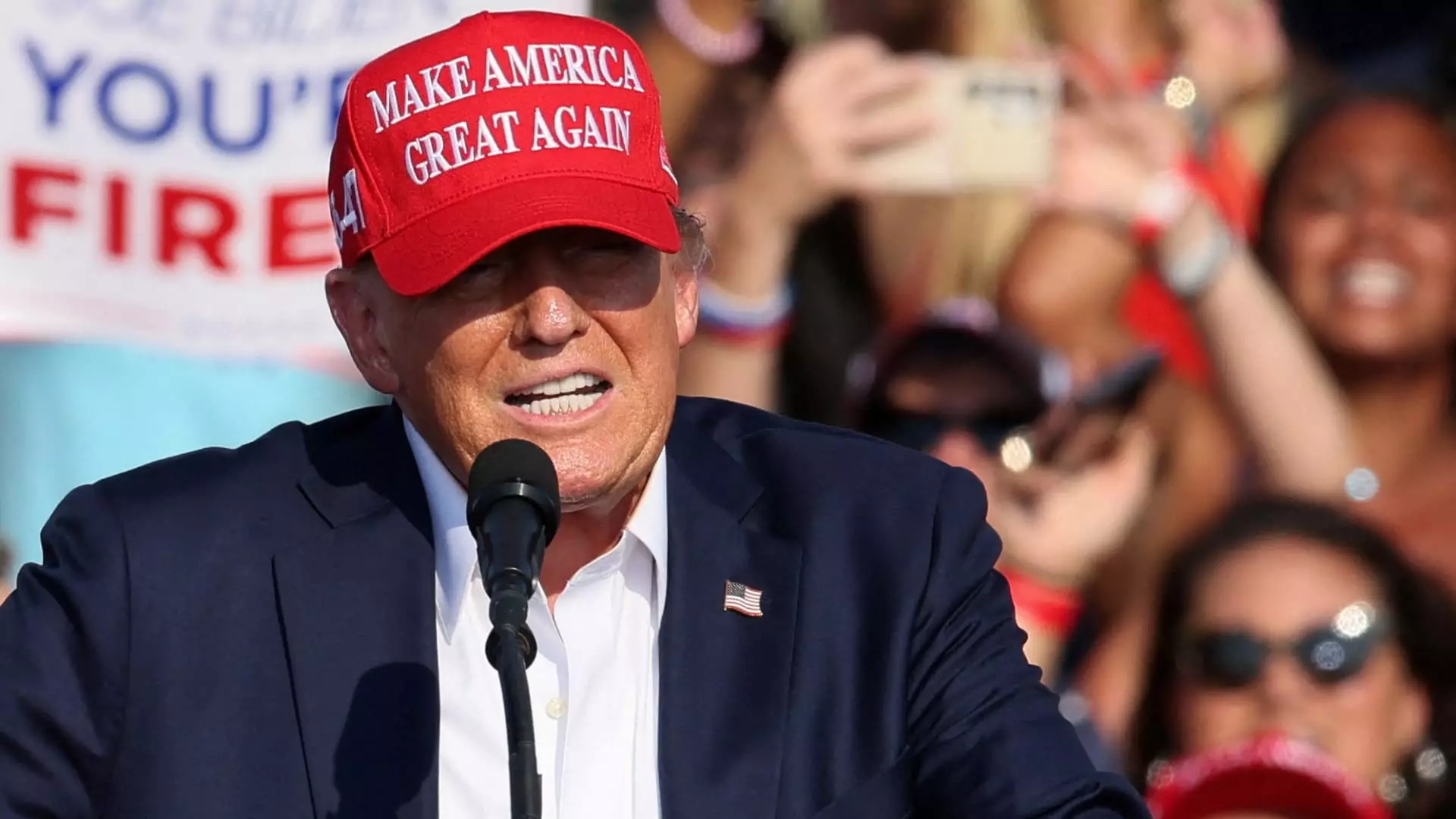Former U.S. President Donald Trump recently made headlines with his statement that Taiwan should pay the U.S. for defense, citing that the country “doesn’t give us anything.” This comment came in response to a question about defending Taiwan against China, revealing a complicated stance on international relations.
Trump’s remarks raise concerns about the nature of the U.S.-Taiwan relationship, particularly in the face of China’s claims on the island. By suggesting that Taiwan should pay for defense, Trump is framing the issue as a transactional one, likening the U.S. to an insurance company. This perspective could have significant repercussions for Taiwan’s security and sovereignty.
Impact on Semiconductor Industry
Furthermore, Trump’s comments tie Taiwan’s defense to its semiconductor industry, highlighting the country’s dominance in chip manufacturing. By acknowledging Taiwan’s importance in this sector, Trump sheds light on the global significance of Taiwan’s technological prowess. However, his remarks also underscore the vulnerability of Taiwan’s vital industries in the face of geopolitical tensions.
The debate over Taiwan’s defense payments reflects broader geopolitical tensions in the region, particularly with regard to China’s aggressive posture towards Taiwan. Trump’s suggestion that Taiwan should compensate the U.S. for defense raises questions about the extent of U.S. commitment to Taiwan’s security and the potential for a destabilizing impact on the region.
In contrast to Trump’s views, the Biden administration has sought to encourage more chip manufacturing in the U.S. as a way to reduce reliance on Taiwanese companies like TSMC. This approach signals a shift in policy priorities and a recognition of the strategic importance of semiconductor production for national security. By contrast, Trump’s focus on Taiwan’s financial contributions to defense overlooks the broader implications of U.S.-Taiwan relations.
Trump’s comments on Taiwan’s defense payments reveal a complex web of geopolitical dynamics and economic interests. While his remarks underscore the importance of Taiwan’s semiconductor industry, they also highlight the fragile balance of power in the region. As the U.S. navigates its relationship with Taiwan and China, it must carefully consider the implications of its policy decisions on regional stability and global security.

